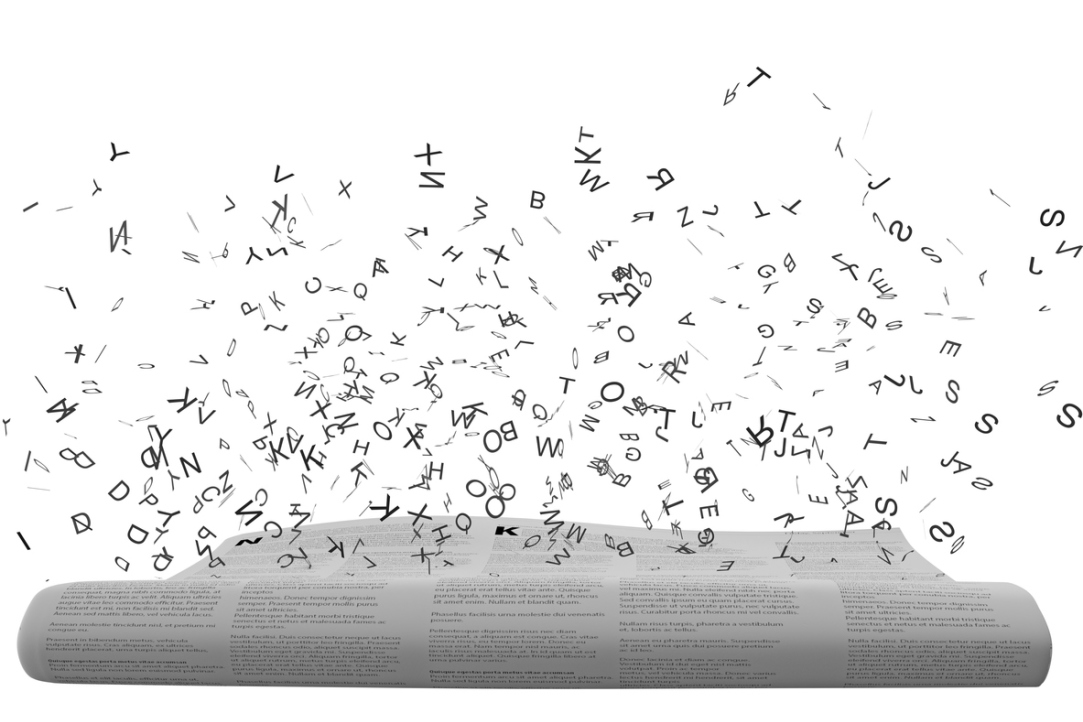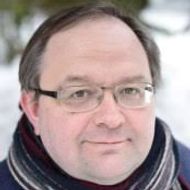Quantifying the Power of the Word: HSE Students and Scholars to Study Poetic Texts Using Computer Methods

The Faculty of Humanities is switching to project-based research and teaching, which includes many new collaborative research endeavours. Professor Evgeny Kazartsev, who recently became the head of the HSE School of Philological Studies, told the HSE News Service about Computer Methods for Literary Textual Analysis project.
The world’s first structural literary studies employing mathematics began in Russia in the 1920s and were associated with the name of Andrei Bely, the famous poet of the Silver Age. This approach subsequently developed not only in the USSR, but also in Europe and the USA, where scholars began to employ the ‘Russian linguistic-statistical method’ or simply the ‘Russian method’ (as the American scholar James Bailey termed it). In the 1960s and 1980s, a group led by the famous mathematician and scholar Andrei Kolmogorov investigated the rhythm of a poetic text based on probabilistic models.
However, until now, most calculations in these kinds of studies have been done manually. Now the time has come for their computerization, which involves checking the data that has already been collected, developing a unified method for scanning poetry and prose in different languages, creating new software that will allow researchers to conduct comparative studies, and modeling the creation and perception of poetic texts at a fundamentally different level.
It should be noted that HSE scholars and students started working on this project even before the launch of the new School of Philological Studies this year. Over the past five years, the project, ‘Modern Models of Poetics: A Reconstructive Approach’, has been implemented at the St. Petersburg campus under the aegis of a grant from the Russian Science Foundation, which laid the foundation for the creation of a computer system for analyzing poetic texts. The system, which has no analogues in the world, holds, on the one hand, a corpus of texts in different languages, and, on the other hand, a fairly simple yet non-trivial mathematical apparatus for analyzing these texts.
Now the research will be conducted by faculty members of HSE’s School of Philological Studies, School of Linguistics, and Faculty of Computer Science with the involvement of colleagues from HSE – St. Petersburg and other Russian and international research and educational centres (Moscow State University, St. Petersburg State University, the Russian State University of the Humanities, the Ioffe Institute, Trier University, and the Czech Academy of Sciences). Students will also participate in the project. A permanent international research group will be formed, and in the future, it is planned to create an international computer centre for literary studies.
Evgeny Kazartsev, Head of the HSE School of Philological Studies

Our project aims to explain the power of a poetic text and to analyze various artistic effects using precise methods. We are looking for answers to questions about how the text affects a person, and we are attempting to reconstruct the deep processes of creativity of great poets, including Shakespeare, Goethe, Pushkin, Blok, and others.
Several student projects will be implemented to develop and improve the analytical computer corpus of poetic and prose texts in different languages. Using a grant from the Faculty of Humanities, a group led by Professor Konstantin Polivanov will develop digital forms of presenting the biography of Boris Pasternak in a wide cultural and historical context. Under the guidance of Tatyana Sherstinova, associate professor at HSE – St. Petersburg, a corpus of everyday speech of characters in fiction will be created.
Philology students at HSE University are already studying poetry in a number of courses, and a research seminar on using quantitative and computer methods in literary studies will be offered. The Computer Methods for Literary Textual Analysis project will allow the Faculty to develop this field of study more intensively in its academic programmes. In particular, a new online research seminar is planned that will be open to students of all HSE campuses. It will be devoted to the application of modern computer techniques for the processing, attribution, and analysis of texts.
This year, the Cognitive and Linguistic Poetics research group began its work studying the emergence and development of poetic meter in different nations using corpus data and the linguistic and statistical processing of texts. The group is studying materials in nine languages: Russian, English, German, Dutch, Swedish, Polish, Tatar, Belarusian, and Ukrainian. The obtained material will make it possible to form a holistic picture of the development of related metric systems in the conditions of different traditions.
Within the framework of the project, a number of publications are planned on computer methods for analyzing poetry and prose in leading Russian and international publications. An international research conference, ‘Comparative and Cognitive Metrics and Rhythm’ dedicated to the memory of Professor Marina Krasnoperova, the author of the theory of reconstructive modeling of versification and a student of Andrei Kolmogorov, is scheduled for the summer of 2021.
‘If we achieve our goals, an authoritative international platform for studying metrically organized texts will be created at HSE University,’ says Professor Evgeny Kazartsev.

